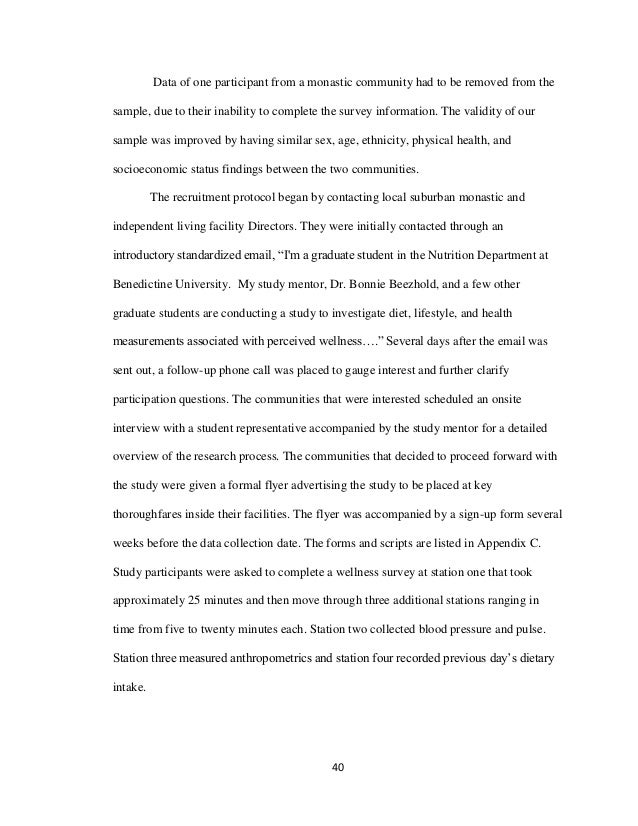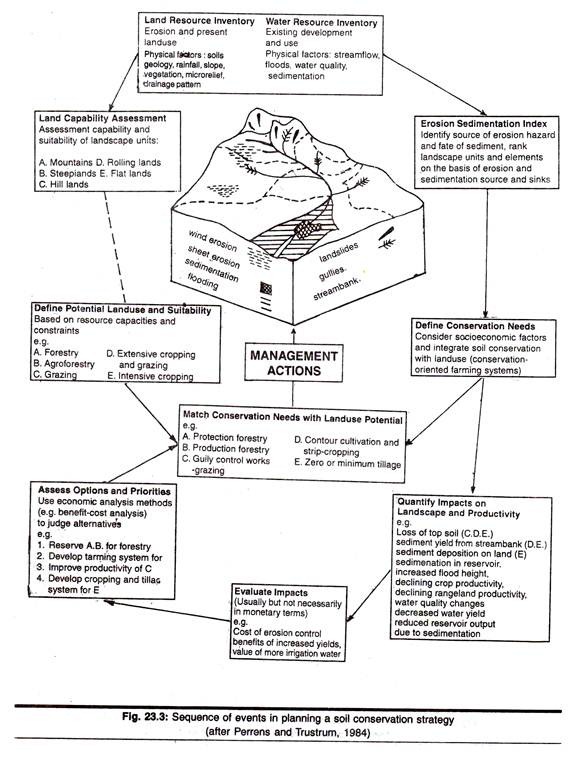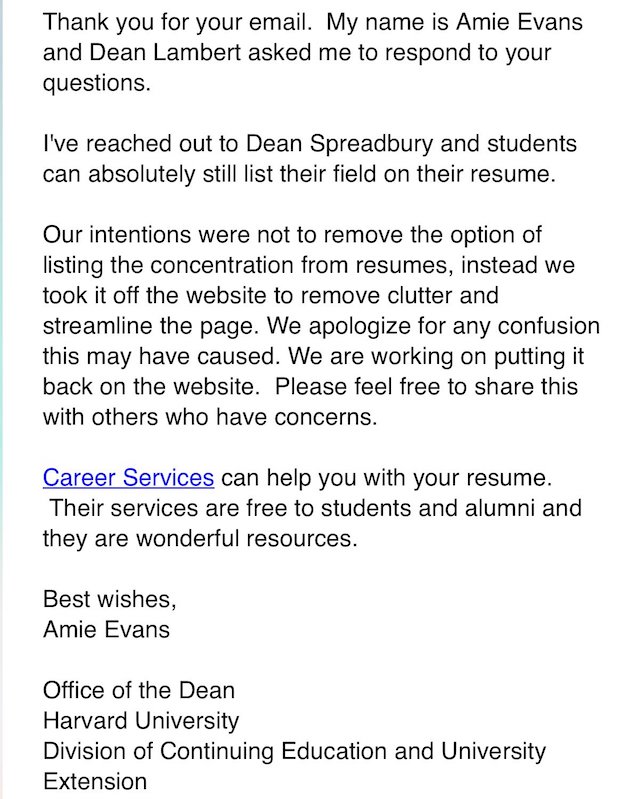Descartes’ rationalism and Locke’s empiricism Essay.
In everyday usage, Skepticism refers to an attitude of doubt or incredulity, either in general or toward a particular object, or to any doubting or questioning attitude or state of mind. It is effectively the opposite of dogmatism, the idea that established beliefs are not to be disputed, doubted or diverged from. In philosophy, it can refer to.What is John Locke's problem with skepticism? Unanswered Questions. How is the ideal beauty exemplified in aphrodite of melos. Look at this painting this painting was created by what type of.Epistemology - Epistemology - John Locke: Whereas rationalist philosophers such as Descartes held that the ultimate source of human knowledge is reason, empiricists such as John Locke argued that the source is experience (see Rationalism and empiricism). Rationalist accounts of knowledge also typically involved the claim that at least some kinds of ideas are “innate,” or present in the.
Introduction. John Locke's An Essay Concerning Human Understanding is a classic statement of empiricist epistemology.Written in a straightforward, uncomplicated style, the Essay attempts nothing less than a fundamental account of human knowledge—its origin in our ideas and application to our lives, its methodical progress and inescapable limitations.Simple Essay: A Critical Comparison: Locke and Descartes' Tradition seems to require that treatment of modern philosophy begins with Descartes’ in the seventeenth century. However, a history of philosophy does not usually pass directly from the medieval to the modern period. As the acknowledge Father of Modern Western Philosophy, Rene Descartes’ fame is uncontested. His influence has been.

John Lockes Philosophy Of Education Philosophy Essay. Home; Subject; Philosophy; All the items of the understanding are referred to as ideas, and ideas are spoken of as being in your brain. Locke's first problem, therefore, is to trace the foundation and record of ideas, and how the understanding works upon them, to ensure that he may have the ability to see what knowledge is and what lengths.











